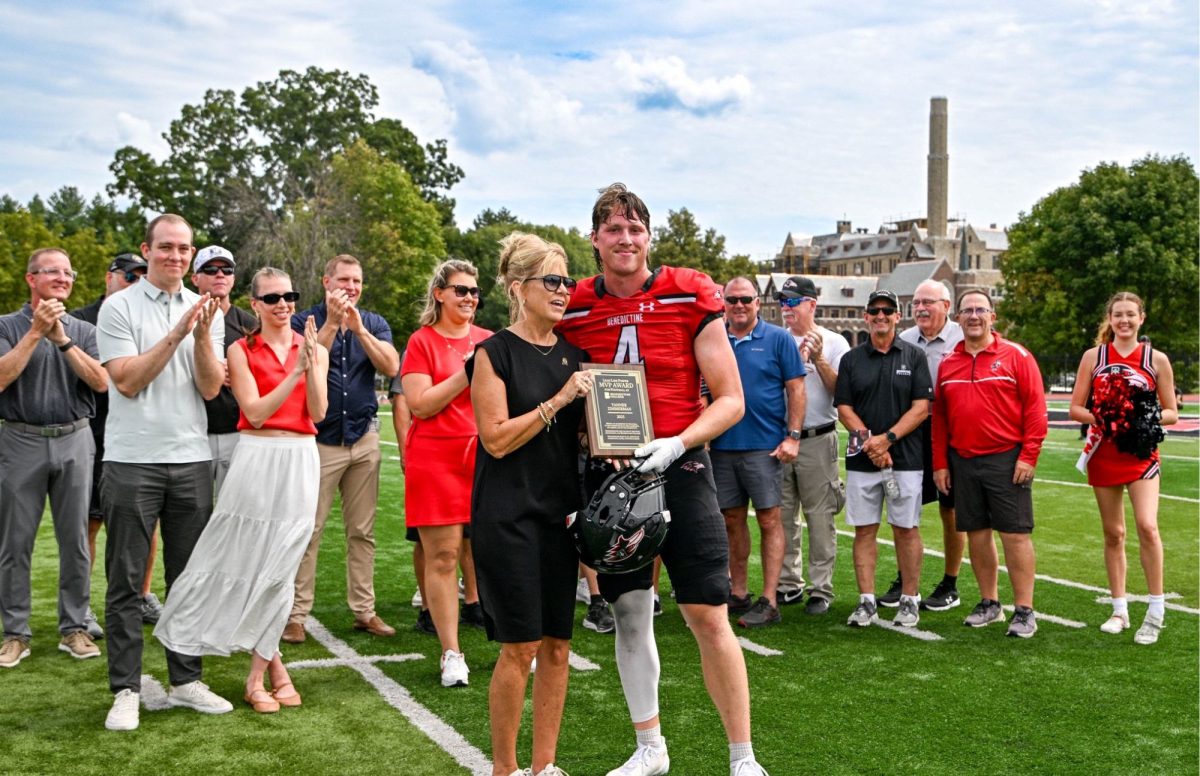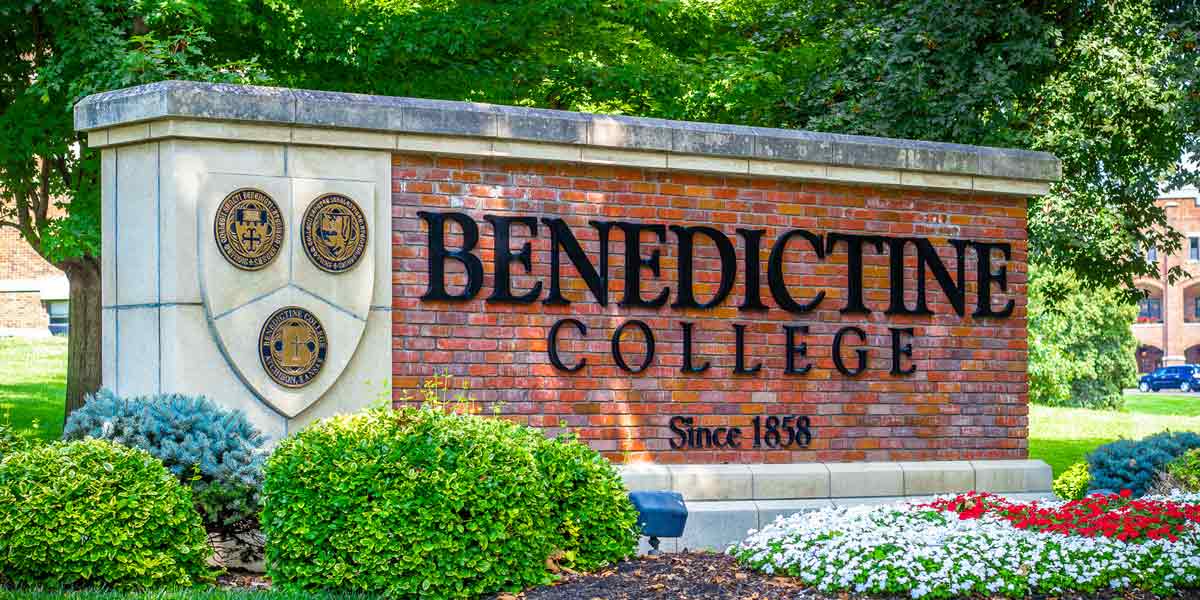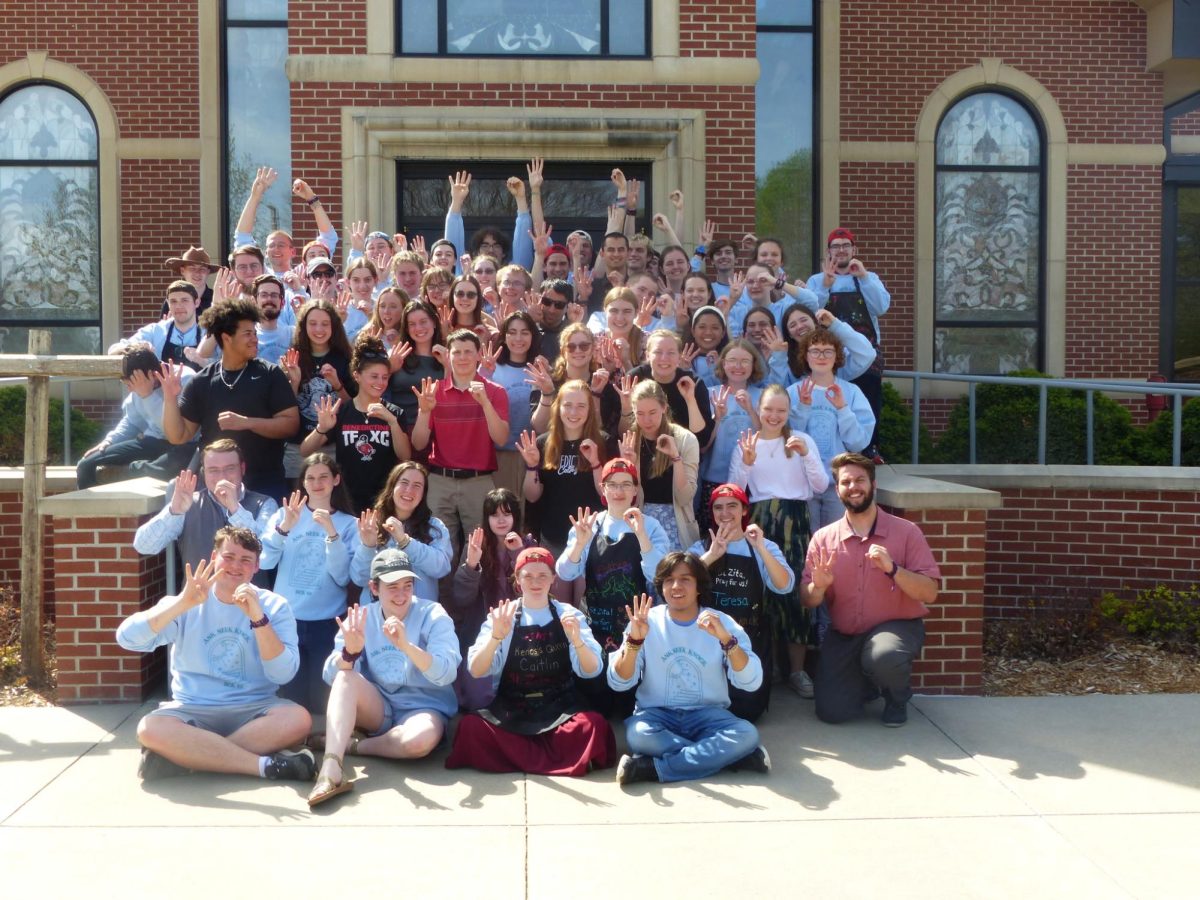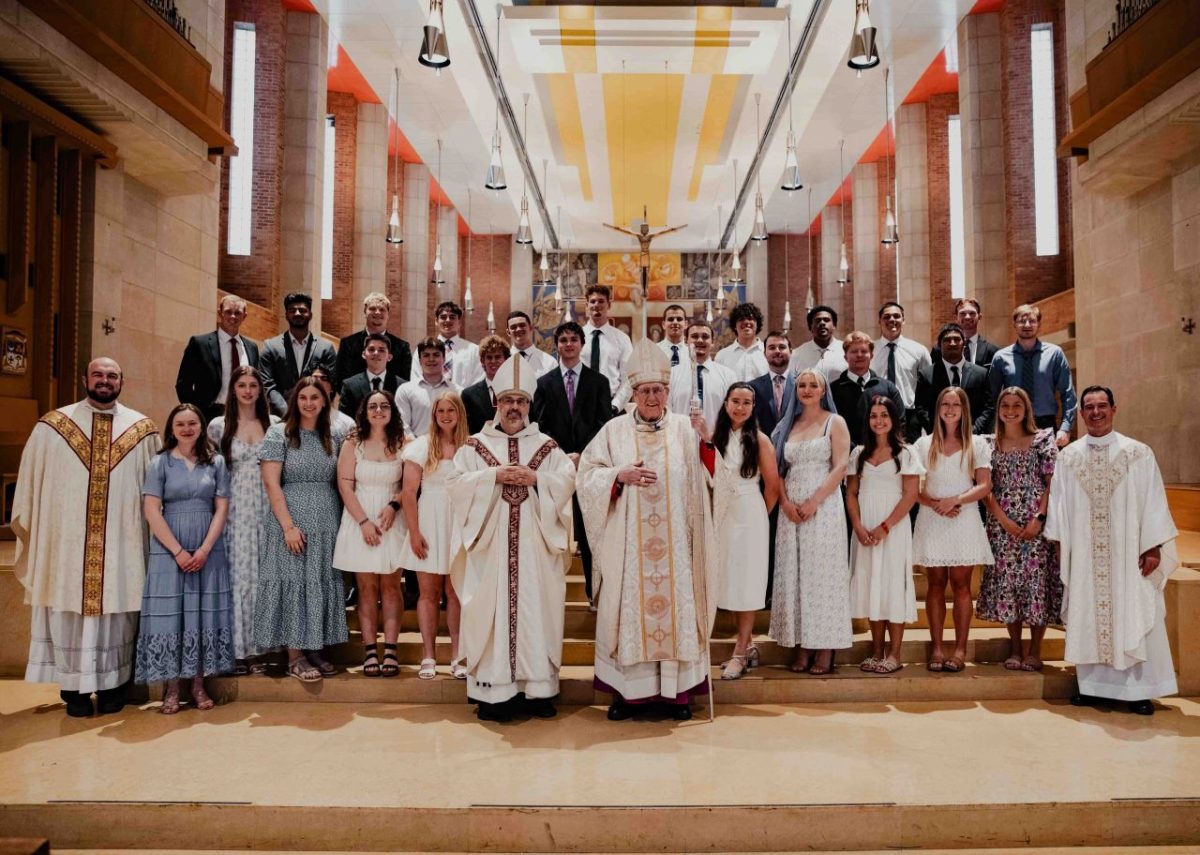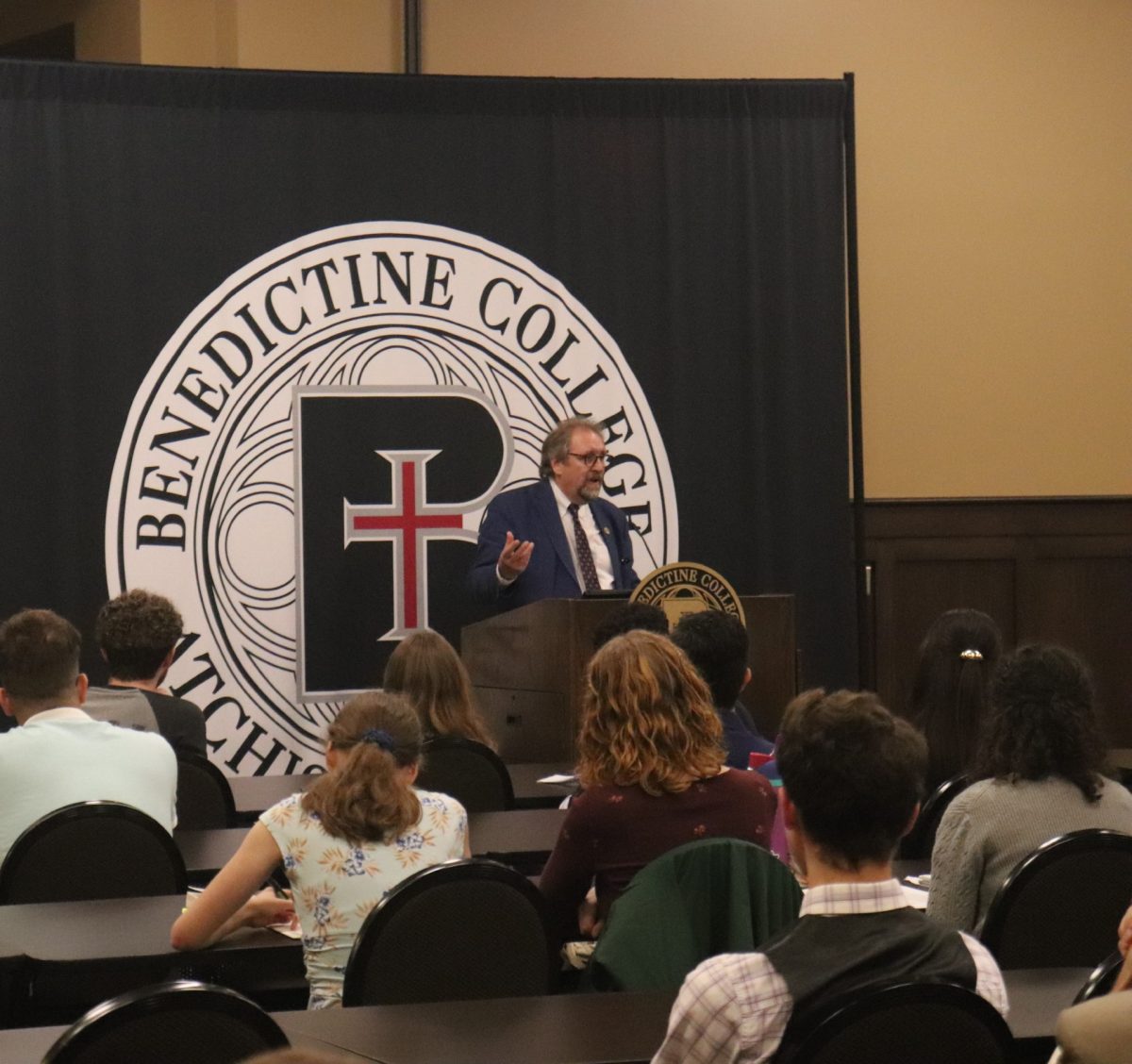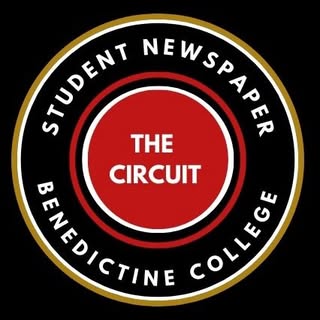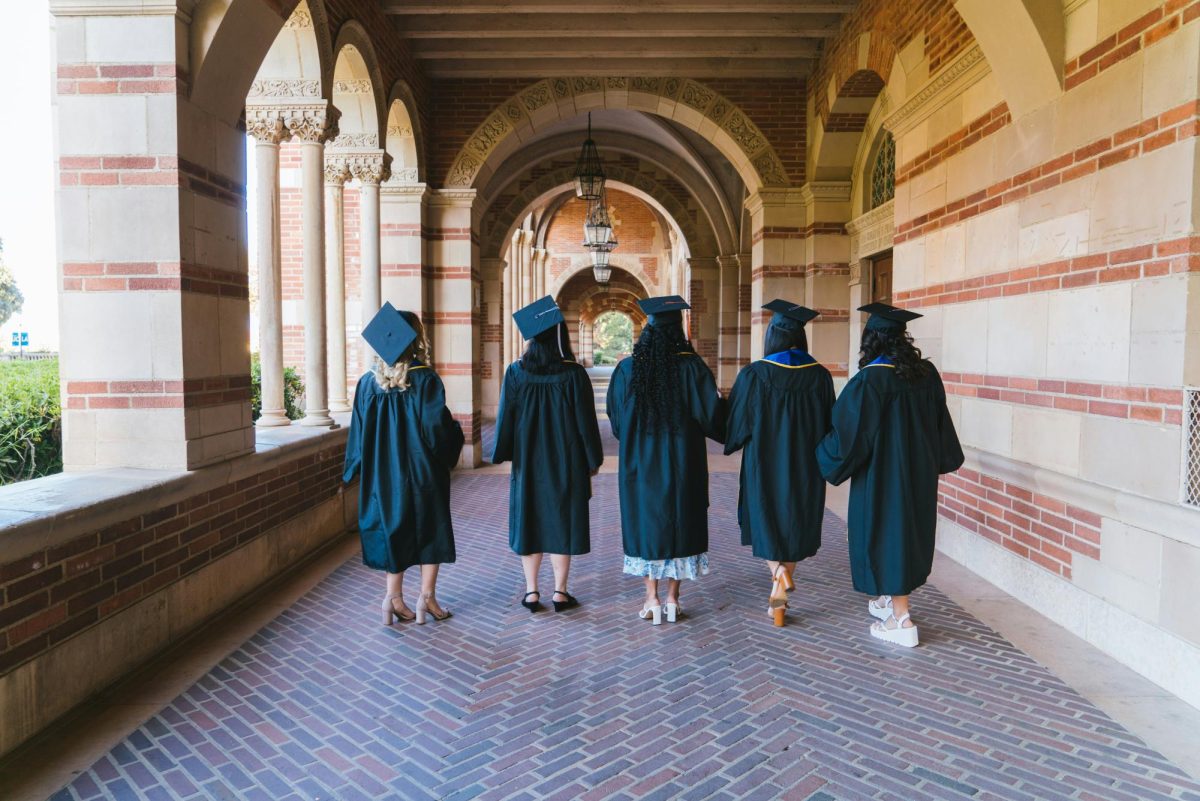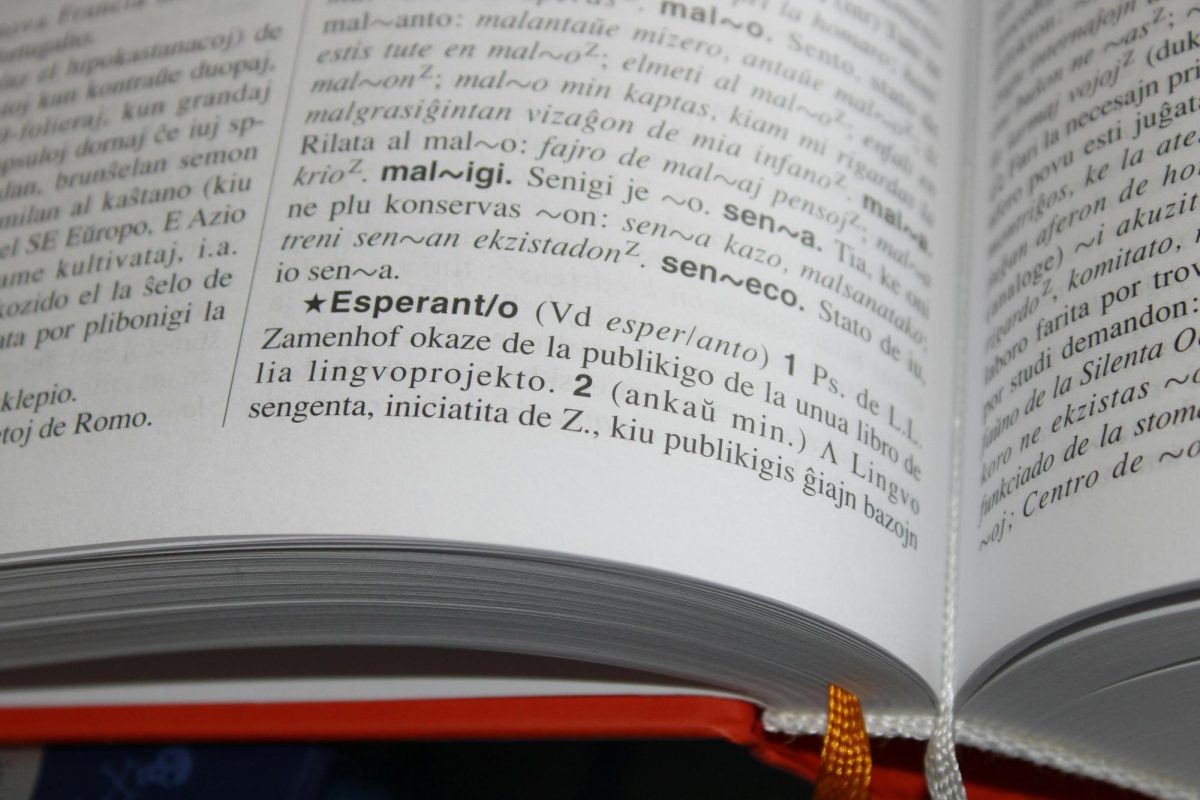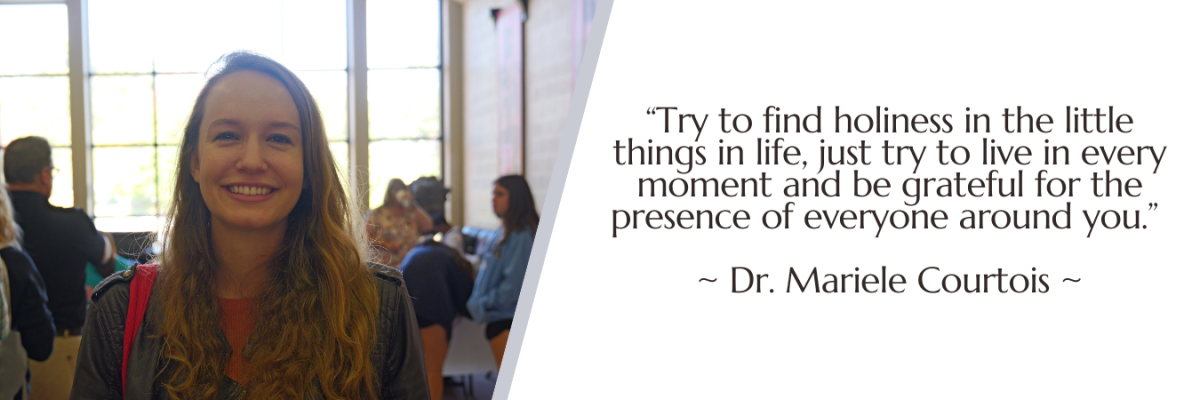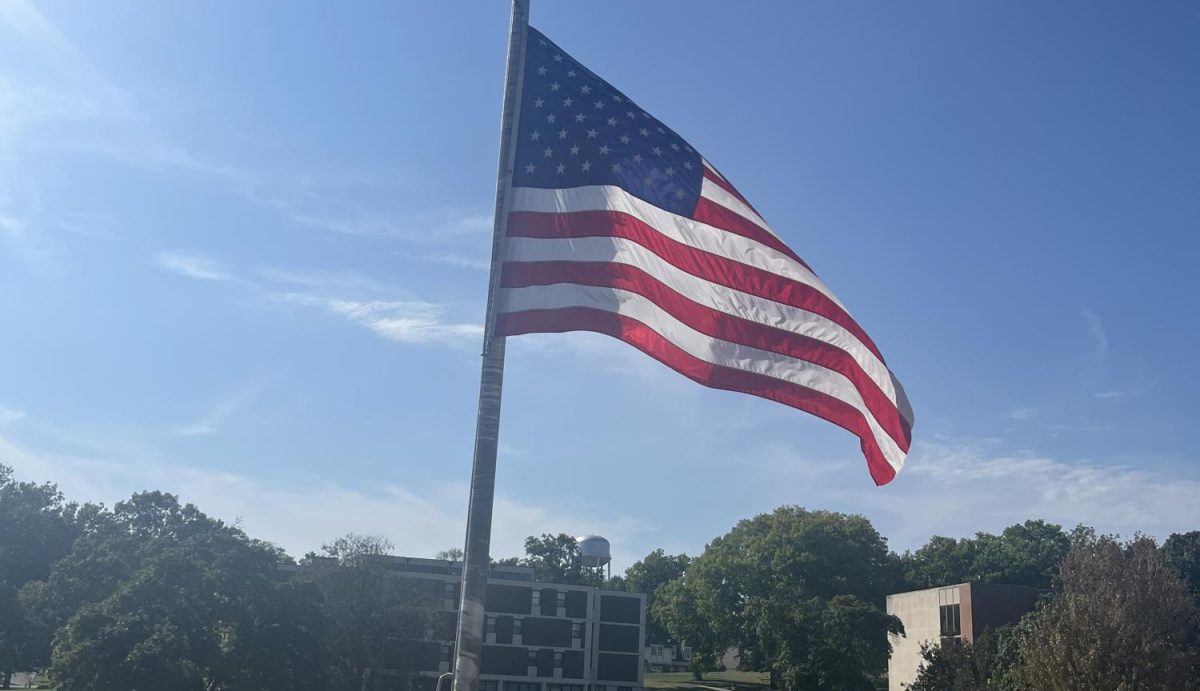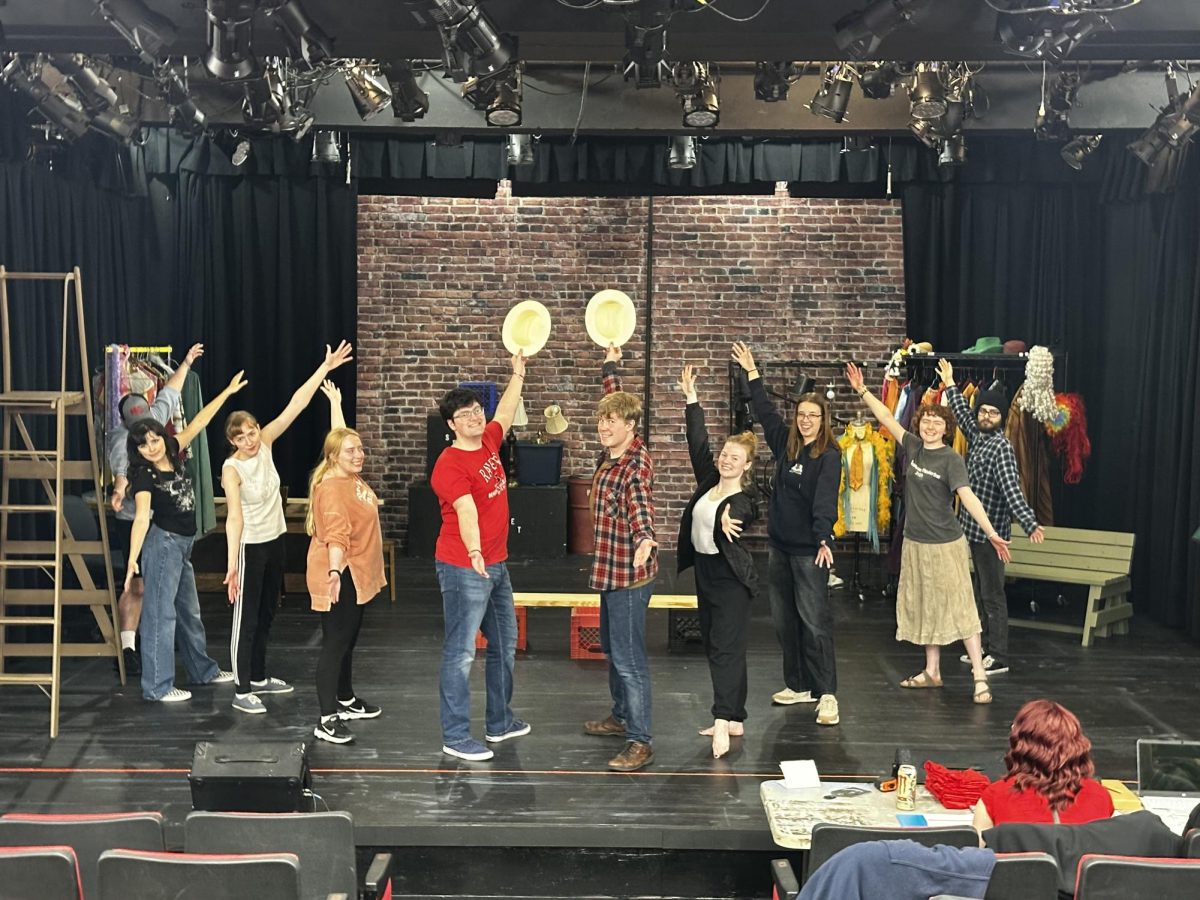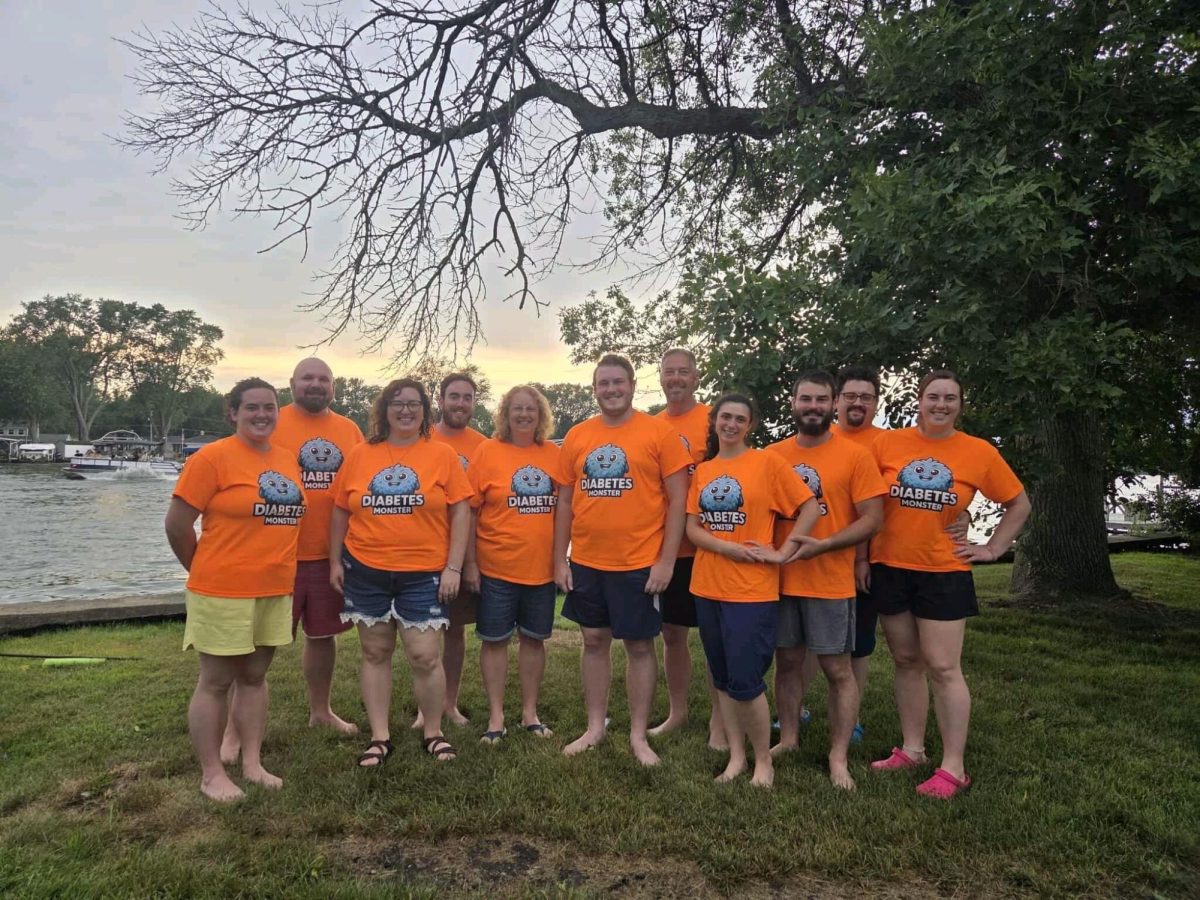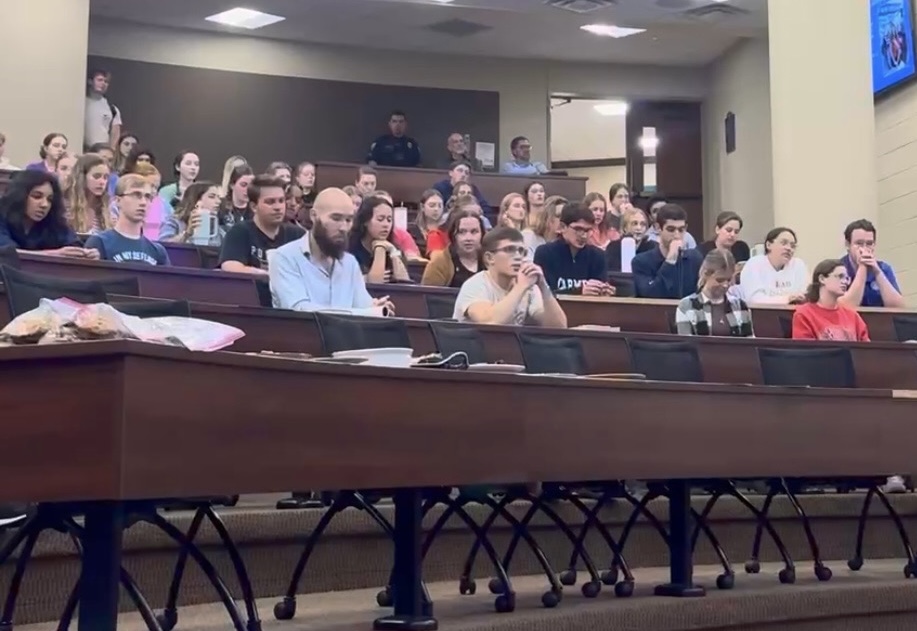Rick Coronado, Ph.D., has devoted his life to teaching economics and serving those in need. He officially retired from the college at the end of the 2024-25 academic term after 43 years of service.
Coronado earned his bachelor’s degree (1969), Master of Arts (1971), and Ph.D. (1980), all from the University of Notre Dame. He taught at New Mexico State University for three years in the 1970s and at Baker University for one year before joining the faculty of Benedictine College in 1982 as an assistant professor.
He was appointed Chair of the Department of Economics in 2000, a position he held until 2020. In 2012, he received the Distinguished Educator of the Year award for teaching excellence. As an educator, Coronado developed a reputation for being a rigorous yet caring teacher.
“As long as I’ve known Rick, he has been an outstanding professor and faculty member,” Sister Thomasita Homan, OSB, Professor Emerita at Benedictine College, said in a press release following Coronado’s award. “He’s an excellent teacher. But beyond the classroom, he’s a strong, gentle leader in serving the poor and underprivileged, in tutoring those dealing with academic hurdles, in feeding the hungry. Besides caring for those most in need, he has helped our students and faculty develop caring and serving hearts,” Homan said.
In his Educator of the Year address to the Honors Banquet on April 25, 2012, Coronado recalled learning about excellence from a struggling student. After failing her first exam in his principles of economics class, the student met with Coronado to discuss strategies to improve her understanding of the principles being taught.
On her next exam, the student still earned a very low grade. While some students may have given up and dropped the class, this student remained determined, meeting with Coronado frequently.
“By the third test, it was clear that she was giving it everything she had, and the test still did not make it to C,” Coronado said. The student persisted and eventually passed the class.
“I learned from her that excellence consists of a sustained, unremitting effort to give it your best at all times, even in the face of what seems like overwhelming odds,” he said.
Coronado himself has demonstrated a sustained, unremitting effort in serving those in need. He began incorporating Catholic Social Teaching into his academic curriculum after presenting a paper at Rockhurst University on the 1984 pastoral letter from the U.S. Roman Catholic bishops, which addressed the United States’ moral responsibility to ensure that no one is hungry, homeless, or unemployed. He has published numerous articles since then, the last in 2024.
This experience marked the beginning of Coronado’s long-term commitment to several initiatives and programs aimed at social justice.
The most widely known program is the Hunger Coalition, a student organization founded in 1984 to provide sack lunches to those in need.
To fund the Hunger Coalition, students “Skip a Meal” each week. This program pays for the entire cost of the sack lunches, which are delivered on Saturdays, 52 weeks of the year.
Additionally, he began Social Justice Week on campus, created a tutoring program for local elementary school children, and joined with Project Uplift of Kansas City to allow Benedictine students, faculty, and community members to serve the homeless on the streets. He was instrumental in establishing the Center for Service Learning, which began in June 2016.
Coronado’s interest in economics and Catholic Social Teaching originated in the great wealth inequality he witnessed growing up in Laredo, Texas, in the 1950s and 1960s.
According to the United States Conference of Catholic Bishops, 11Catholic social teaching is based on and inseparable from our understanding of human life and human dignity. Every human being is created in the image of God and redeemed by Jesus Christ and therefore is invaluable and worthy of respect as a member of the human family.
Living spiritually enables our whole being to behave in a moral fashion,” Coronado said. “We have to be deeply spiritual if we believe we are made in the image of God. This allows a free flow between our spiritual life and our temporal life.”
While studying economics at the University of Notre Dame, Coronado spent time in Michigan working with migrants living in what he called “deplorable conditions. Working with the poor, I thought economics would be a good tool to understand what was going on. At that time, I viewed things from a first-world perspective, and I believed this would be a helpful way to understand others.
“In between my master’s and Ph.D. programs, I was a migrant Head Start teacher in the field in Niles, Michigan,” he said. We would go out at 5 in the morning and pick up the children in dismal circumstances. These were people from the other side of the tracks, so to speak,” Coronado said.
His experience of living and working with migrant worker families reinforced his concern with the condition of the poor.
“Many of them were from Laredo, Texas, my hometown, or the Valley. I went to Catholic school there and never met these families,” he said.
Ultimately, he believes that to live well, we must create institutions and animate them with the spirit of the Gospel to support others, the poor, the vulnerable, and the common good.
“We are called to use our talents to build community across social lines and barriers. Pope Benedict reminds us we are to share our talents with the poor of the world. In the economy of charity to which we are all called to give not only what we have, but who we are, we must work hard to develop our talents to support other, especially the poor and vulnerable.”
In retirement, Coronado plans to learn to relax a little, travel with his wife, Cathy, spend time with children and grandchildren, and continue to be active in spreading Catholic Social Thought.
Programs Dr. Coronado Initiated at Benedictine College
- HUNGER COALITION: 1984-2025 (41 years) – Provides 175 sack lunches to local citizens 52 weeks of the year.
- SOCIAL JUSTICE WEEK: 1989-2020 (31 years) – An annual event involving various student groups who focus on social justice issues.
- TUTORING PROGRAM: 1991-2025 (34 years) – Benedictine students serve as academic tutors to public grade school students.
- PROJECT UPLIFT: 1991 – 2025 (34 years) – An outreach effort in Kansas City to serve those experiencing homelessness and poverty.
- SERVICE LEARNING: June 2016 – Was the driving force behind the establishment of the Center for Service Learning which today involves nearly 30 percent of Benedictine students.
